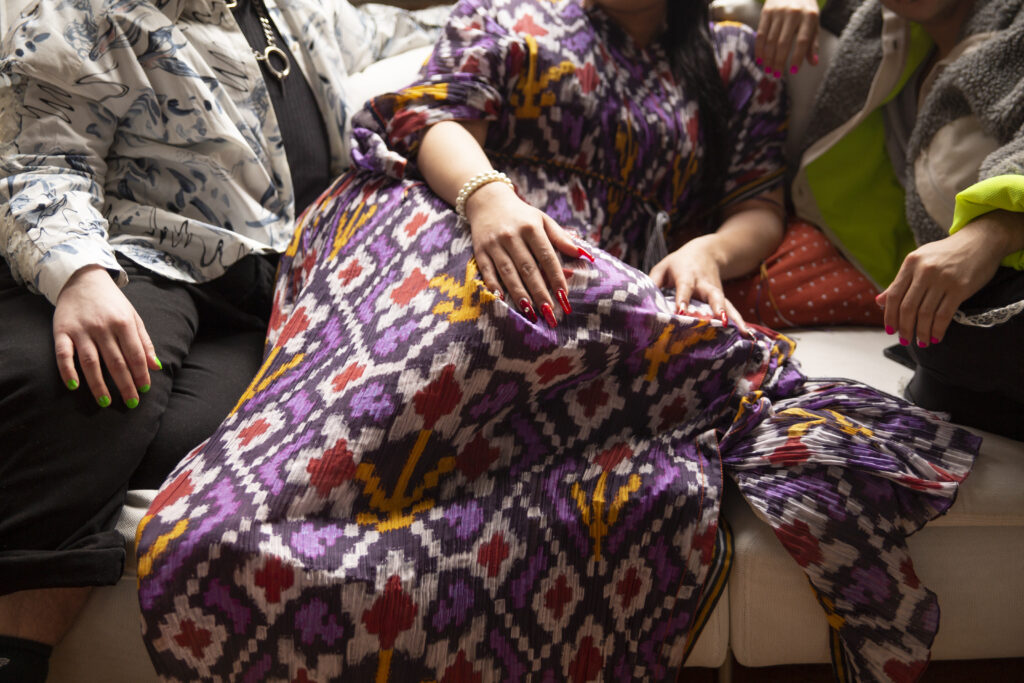Perinatal mood and anxiety disorders (PMADs) can occur during pregnancy and/or postpartum. PMADs can affect those beyond the birthing parents. Partners, caregivers, non-birthing parents, and adoptive parents can all be at risk for PMADs. In addition, surrogates and those who have experienced pregnancy or infant loss can experience symptoms too. Anyone who is struggling is deserving of support and care.
In Canada, almost 1 in 4 mothers who recently gave birth reported feelings consistent with either postpartum depression or an anxiety disorder. The actual number of people who have these feelings may be higher as the research doesn’t include parents who do not identify as mothers (Reference: Statistics Canada).
We support anyone experiencing perinatal distress, no matter the circumstances.
Many new parents don’t reach out for support because the symptoms of PMADs can be similar to everyday parenting struggles. Sleep deprivation, worry for your baby, and stress are frequently a part of the transition to parenthood. If you are not feeling like yourself, or your quality of life is being impacted, you deserve support – even if your struggles seem like ‘typical’ new parent struggles
The added stress of the pandemic has had a significant impact on the number of people experiencing distress during the perinatal period. Current estimates say that it is now up to 1 in 3 people who have birthed or adopted a baby during the Covid-19 pandemic that will experience a PMAD. If you are struggling right now, you are not alone and you deserve support.

No two people will experience a perinatal mood or anxiety disorder exactly the same. In fact, the signs and symptoms can vary widely. Some new parents can’t stop crying, while others never shed a tear. Some can’t find the energy to get out of bed, and others can’t seem to slow down. But the feeling they do share is that something doesn’t feel quite right.
If you don’t feel like yourself, you deserve support.
There isn’t any one reason why someone will develop a perinatal mood and anxiety disorder. Any new parent or caregiver can develop a PMAD; however, there are certain risk factors that will increase the likelihood.